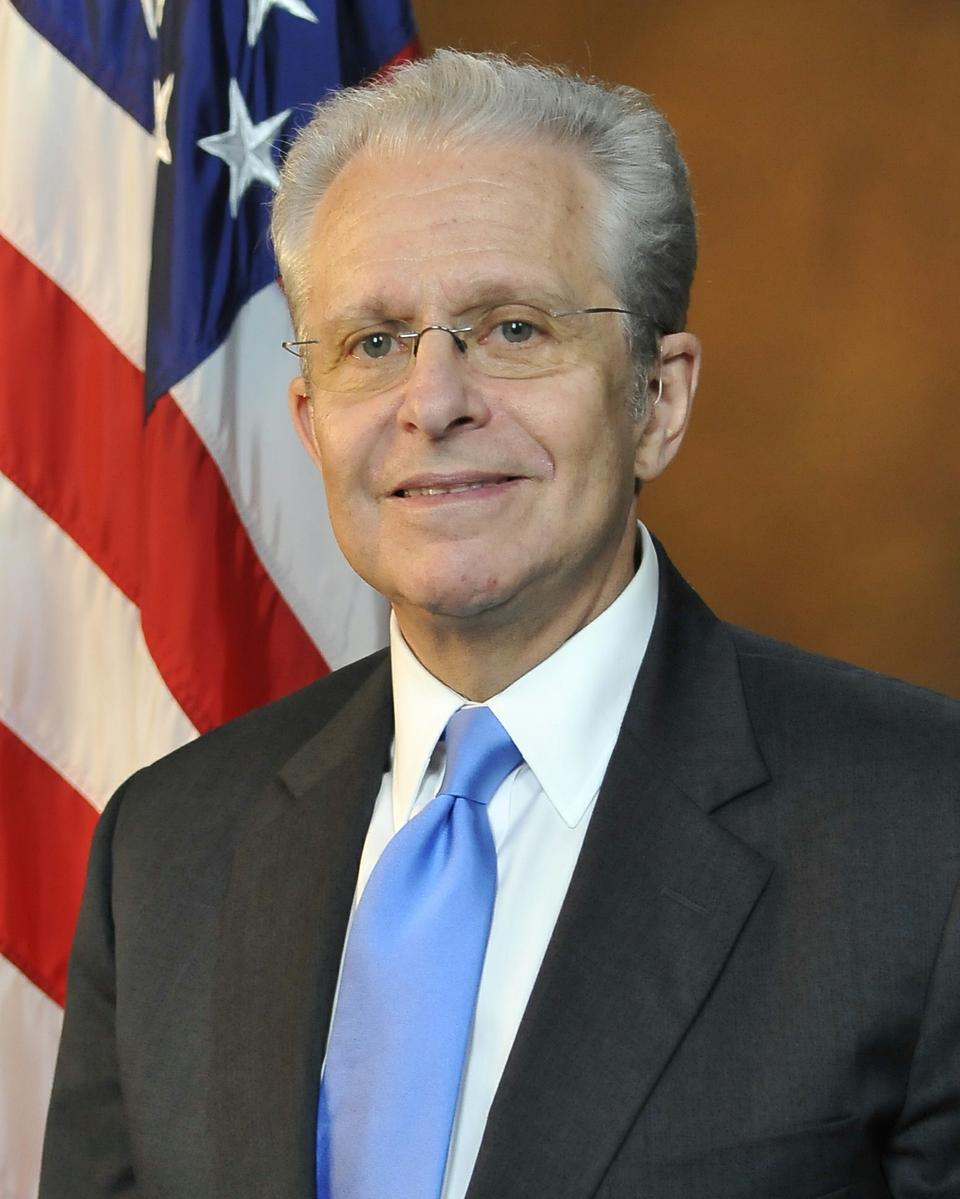
Hey, Laurence H. Tribe ’62: Carl M. Loeb Professor of Constitutional Law
On Feb. 7, Proposition 8, a Calif. provision that banned same-sex marriage, was deemed unconstitutional by the Ninth Circuit Court of Appeals. Does this ruling mean that the panel is upholding the constitutionality of same-sex marriage? If not, why does the Ninth Circuit panel stop short of declaring same-sex marriage constitutional?
Laurence H. Tribe: The Ninth Circuit panel was clear about the fact that it was not holding that same-sex marriage is constitutionally required as a general proposition; the court left no doubt that its holding applied only in the special circumstances present in Calif. There was no need for the court to go any further in order to strike down Proposition 8, and by rendering as limited a decision as it could, the court reduced the odds of being reversed.
Fifteen Minutes: To what extent does this ruling express changing views of same-sex marriage?
LHT: This ruling is in step with a gradual shift in national views on the same-sex marriage issue but rested on grounds that would have been fully applicable years ago.
FM: Will this ruling serve as a catalyst for other states to allow same-sex marriage? If so, how?
LHT: This ruling might become another source of steady pressure in the direction of same-sex marriage, purely as a psychological matter, but it will not have any direct effect in states outside the Ninth Circuit.


